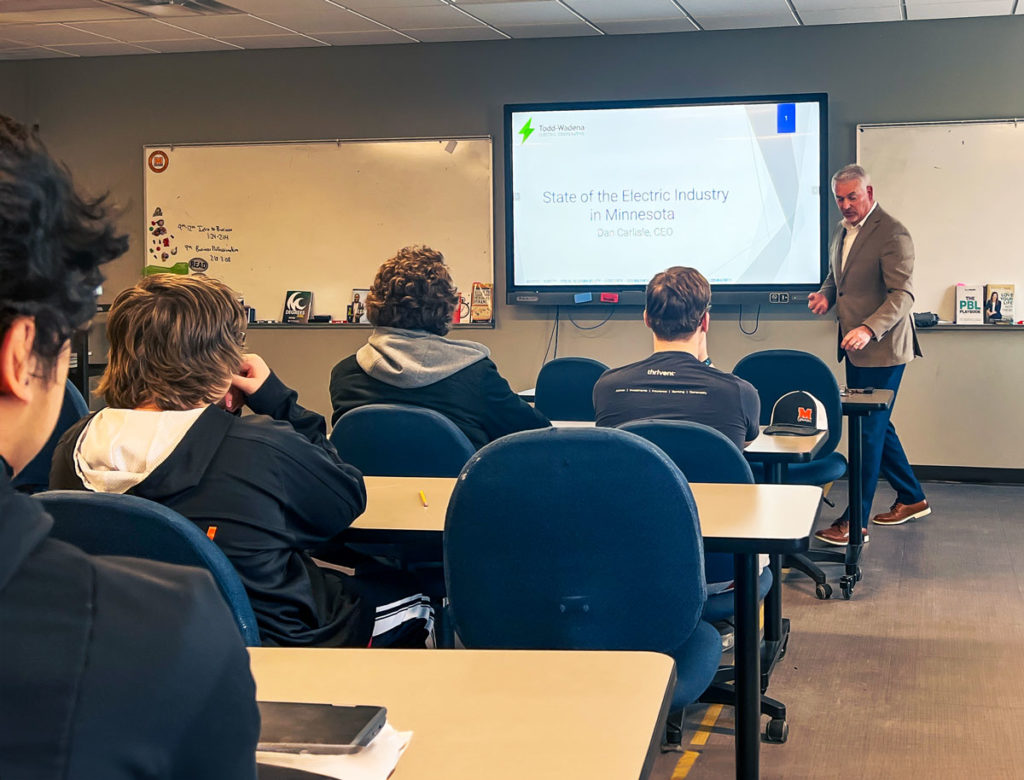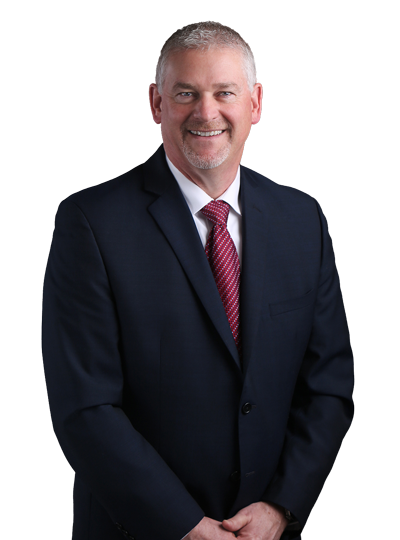
I recently had the pleasure of spending time with future Todd-Wadena Electric Cooperative (TWEC) members at a few local high schools. The State of the Electric Industry presentation I shared covered the industry’s history, where we’re at in the present, and what the future holds.
I started out the presentation by highlighting my history in the cooperative world. My tenure with the cooperative started many years ago when I represented co-ops as their legal counsel. The work with cooperatives in Minnesota had me hooked and I became passionate about electric cooperatives. So, in 2018, when I was asked by the TWEC Board of Directors to become the next leader of the co-op, I knew it would be a perfect fit.
My student presentation then looked at the history of cooperatives. In the 1940s, when investor-owned utilities wouldn’t bring power to rural America, it was made possible by Roosevelt with the Federal Rural Electrification Act and our rural communities working together. These rural areas became our service territory. I explained how today we have to fight to keep these service territories. Municipals taking territory from cooperatives is one of the issues our industry is currently facing.
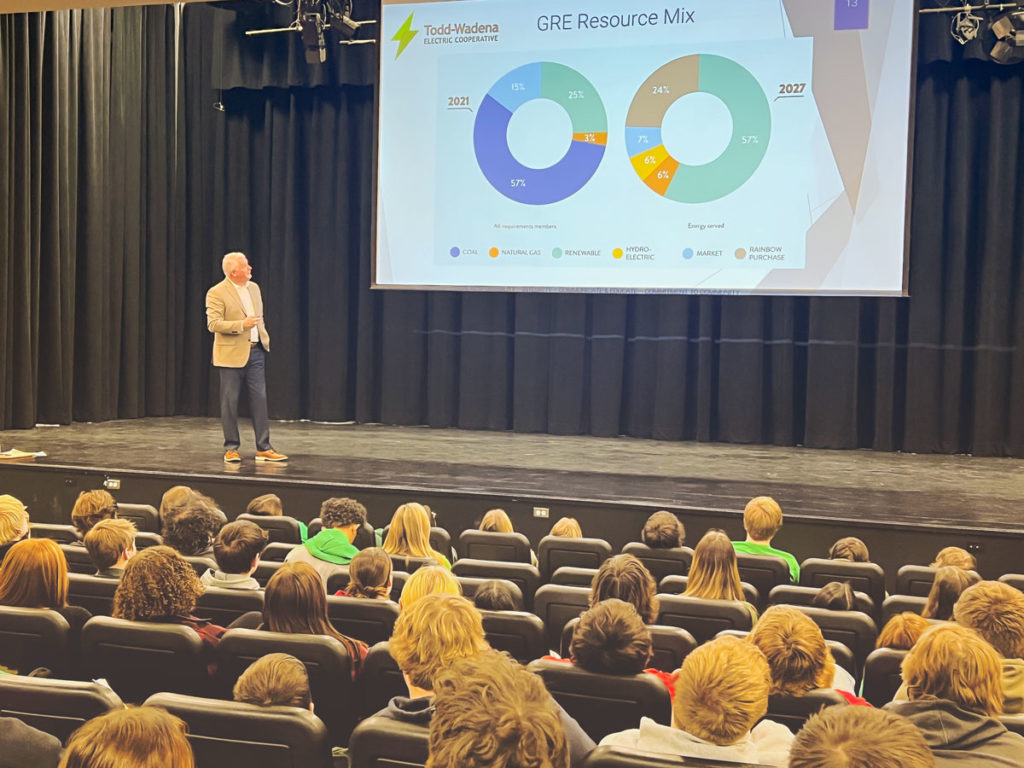
Power generation was the next topic covered in the presentation. Renewables (wind/solar) are the generation source of choice today, especially by the Minnesota government. In comparison, back in the 1970s, coal plants were utilized due to the fuel shortages that plagued the nation. At that time, utilities were pushed into coal generation that cost millions of dollars to build. This method of generation is now considered obsolete, even though these coal plants are still providing reliable baseload power. TWEC’s power supplier, Great River Energy, has worked very hard and will continue to work and evolve our generation portfolio to abide by regulations while keeping our power supply reliable. However, these things don’t happen overnight. TWEC is part of the big picture of MISO; there is a lot of discussion surrounding congestion costs on the grid, necessary upgrades and expansions within MISO, and much more to keep our power affordable and reliable.
Looking at how our generation portfolio has changed over the years transitioned into a discussion around politics. The 100% carbon free by 2040 bill passed last year means that our state is aggressively putting forth regulations to be entirely carbon free by the year 2040. This bill, along with many others, is having a significant impact on the electric industry. I talked to students about how important it is to stay involved in the politics that affect our rural communities and to communicate with our legislators. I challenged them to pay attention to the news, but to also research – headlines are just that, and can be misleading.
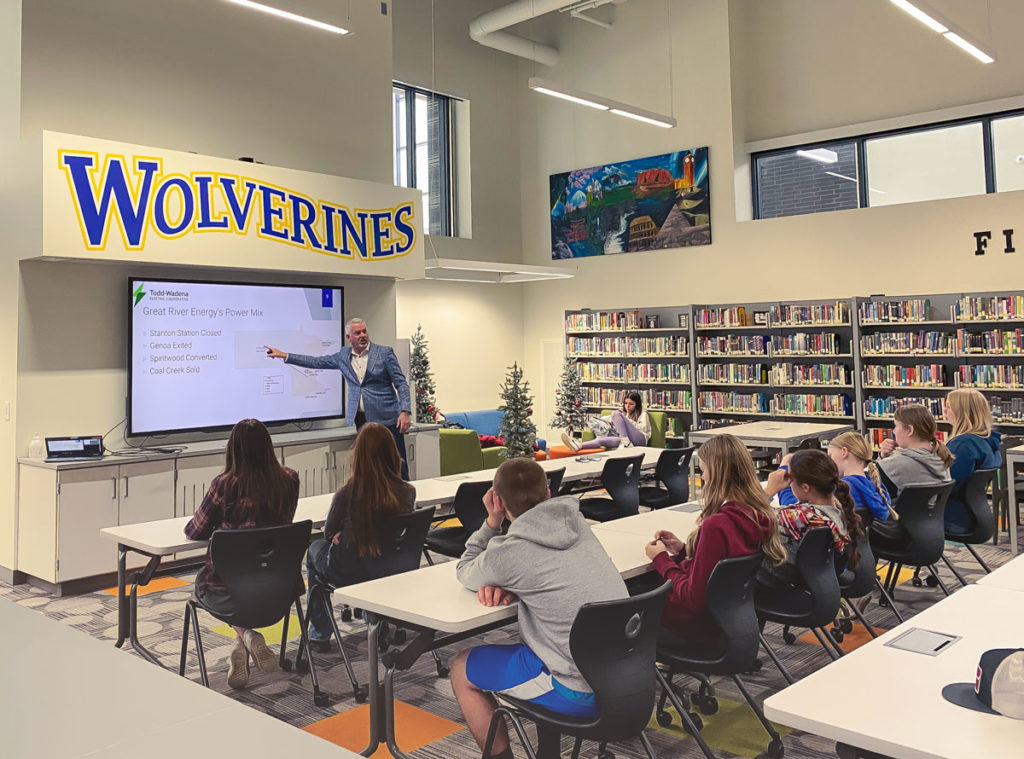
At the end of the presentation, I encouraged students to consider a career in the electric industry. As our industry grows and changes with the times, we need lineworkers, accountants, engineers, electricians, energy specialists, software specialists, and customer service staff to serve our members.
Even though my time with the students was limited to one hour, I hope I was able to help these young students think critically about our industry, politics, and what the media is telling them. My goal was for students to leave the presentation with a greater understanding of the electric industry and the many career opportunities available to them.
